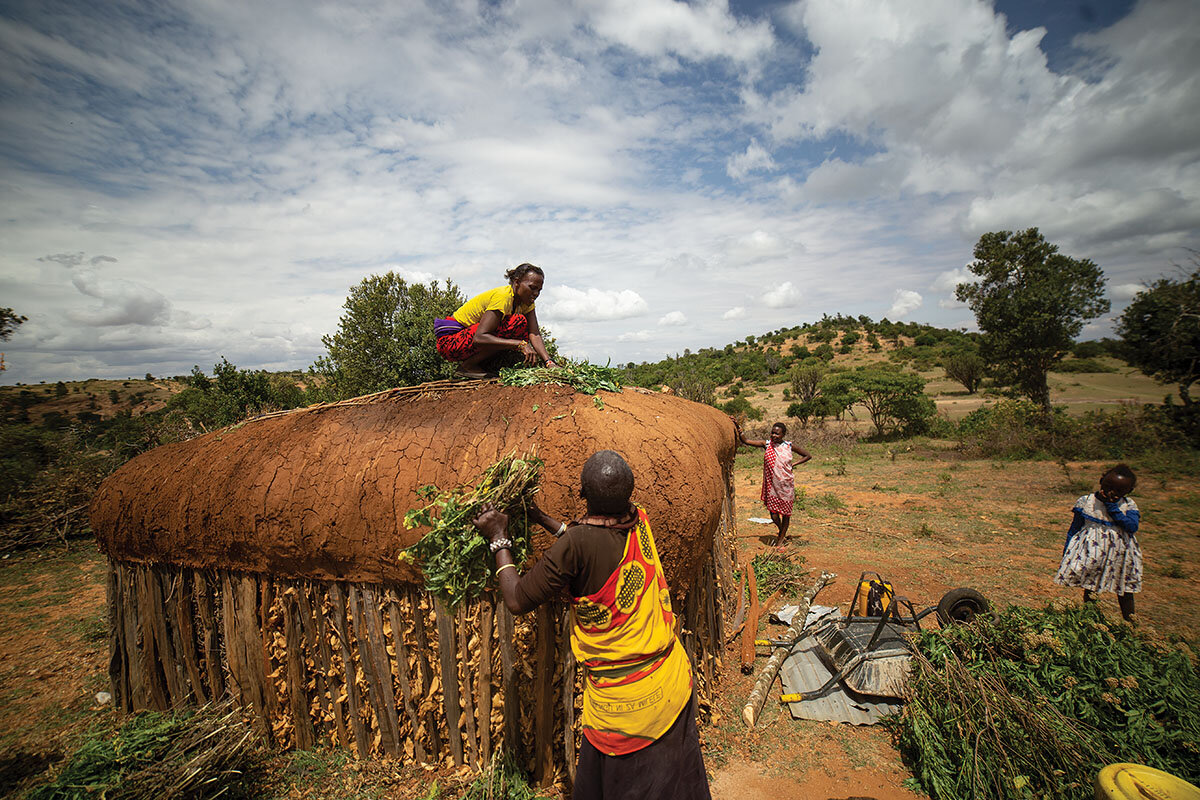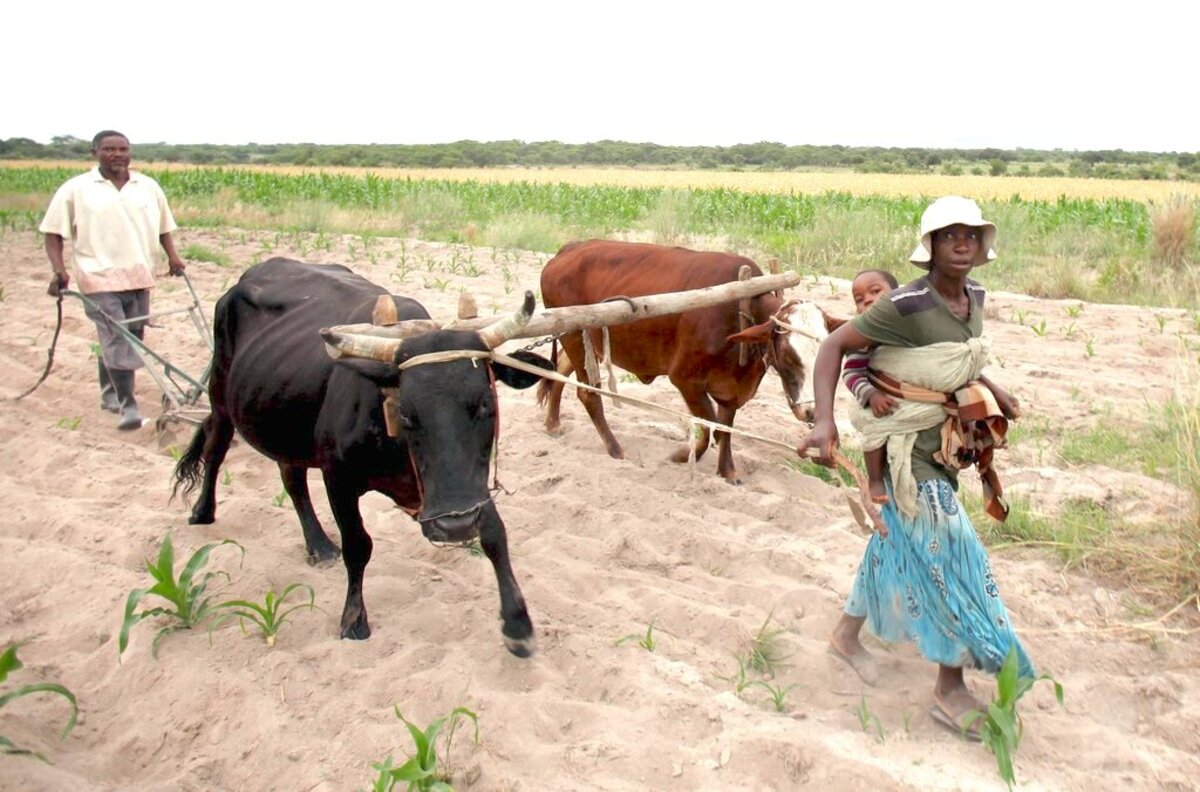So far, the world’s sweeping economic backlash to Russia’s invasion of Ukraine is primarily being felt by those Russians most engaged with the West. But everyone knows the bite will soon be felt more broadly.
Monitor Daily Podcast
- Follow us:
- Apple Podcasts
- Spotify
- RSS Feed
- Download
 Trudy Palmer
Trudy Palmer
The app Ukraine Take Shelter, created in record time by two Harvard University freshmen, connects Ukrainian refugees with people around the world ready to house them. As Avi Schiffmann, who came up with the idea, explained to The Washington Post, “What we’ve done is put out a super fast, stripped-down version of Airbnb.”
He and his classmate Marco Burstein worked around the clock to develop and launch the app in just a couple of days. A week after it went live on March 2, it had 4,000 people worldwide offering shelter, ranging from couches to spare bedrooms to vacation homes.
Now, there are roughly 7,000 hosts, the developers told the Monitor via email, adding that they have “received many messages and success stories from hosts and refugees.”
Obviously, Ukrainian refugees are more likely to seek housing in countries near them than in the United States. And lots of offers are coming from Europe. But when I typed my Midwestern U.S. city into the app, I found scores of people, rippling far out from the city center, eager to open their homes.
You could argue that it’s easy for Americans to offer shelter since they’re not likely to find takers 5,000 miles away. But the sincerity in the postings dispels that cynicism:
And those are just the headlines. Expand an entry to get details, and the sincerity often expands as well:
And that grandmother eager to share her home? She’s offering to help pay airfare too.











